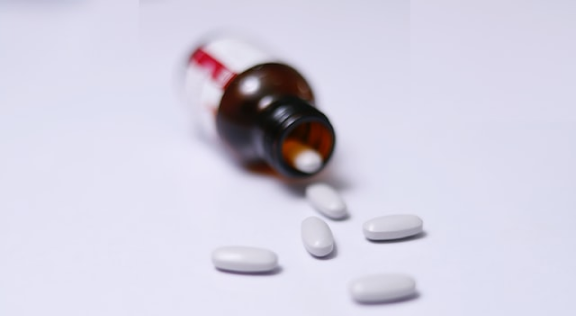Common misconceptions about recovery from alcohol dependence and cravings.
The first thing is the idea that detoxification is the only important step in recovery. It is an extremely important step, but it is just the beginning. A second misconception is that cravings never go away. This may be true for some people, but not for everyone. Usually, a combination of counselling and time are the main influences here. But a third, often overlooked element to recovery, is the use of medications to help reduce cravings. Sydney Detox and Rehab believe clients should consider all three components when attempting to address alcohol dependence. When you stay with Sydney Detox and Rehab, we will organise a consult with a prescribing practitioner to explore the use of Baclofen to help reduce cravings in preparation for your ongoing recovery journey.

What Is Baclofen?
Baclofen is a medication that has been shown to be effective in reducing cravings and relapses in some people who are trying to recover from alcohol dependence. Baclofen works by blocking the action of GABA, which promotes relaxation and reduces anxiety levels. GABA also plays a role in mediating the reinforcing effects of alcohol consumption. By blocking GABA’s action, Baclofen may help reduce cravings and decrease the likelihood of relapse in people who are trying to abstain from drinking.
Baclofen was originally developed as a muscle relaxant, but it has also been found to be effective in treating several other conditions, including multiple sclerosis and hiccups. Baclofen treatment for alcohol dependence was first studied in the 1970s, but interest in its use declined after it was found that Baclofen was no more effective than placebo in reducing cravings or relapse rates.
However, recent research has found that Baclofen may be more effective when it is used at higher doses than were used in earlier studies. As a result, Baclofen treatment for alcohol dependence is once again being studied as a potential treatment option. In addition to its effects on craving and relapse prevention, Baclofen has also been shown to reduce some of the negative consequences of drinking, such as liver damage and withdrawal symptoms. A further benefit for choosing Baclofen is that it is cleared via the kidneys, not the liver. Many alcoholics may have liver impairment or damage, so this is a large benefit with Baclofen as it is not involved in the liver pathways.
Side Effects of Baclofen Use
The most common side effects associated with Baclofen use include drowsiness, dizziness, nausea, vomiting, fatigue, headache, anxiety, Loss of coordination, slurred speech, and irritability. These side effects usually resolve within a few days as your body adjusts to the medication; however, if they persist or become bothersome, be sure to let your doctor know. In rare cases, Baclofen can cause more serious side effects including seizure, mental confusion and new or worsening mental health problems and sudden death. Be sure to ask your doctor about any potential risks associated with taking Baclofen before starting treatment. Lastly, it is critical that Baclofen is ceased with the assistance of a prescribed regime over the course of a few months rather than stopped suddenly.
Conclusion
While there is no one-size-fits-all treatment for alcoholism newly emerging research indicates that baclofen may be an effective option for some people with this condition. If you or someone you know may benefit from this treatment be sure to talk to your doctor about risks and benefits before beginning treatment. Doing so will help ensure that your loved ones receive the best possible care. Sydney Detox and Rehab also have a specialist prescriber who will happily chat to you.
